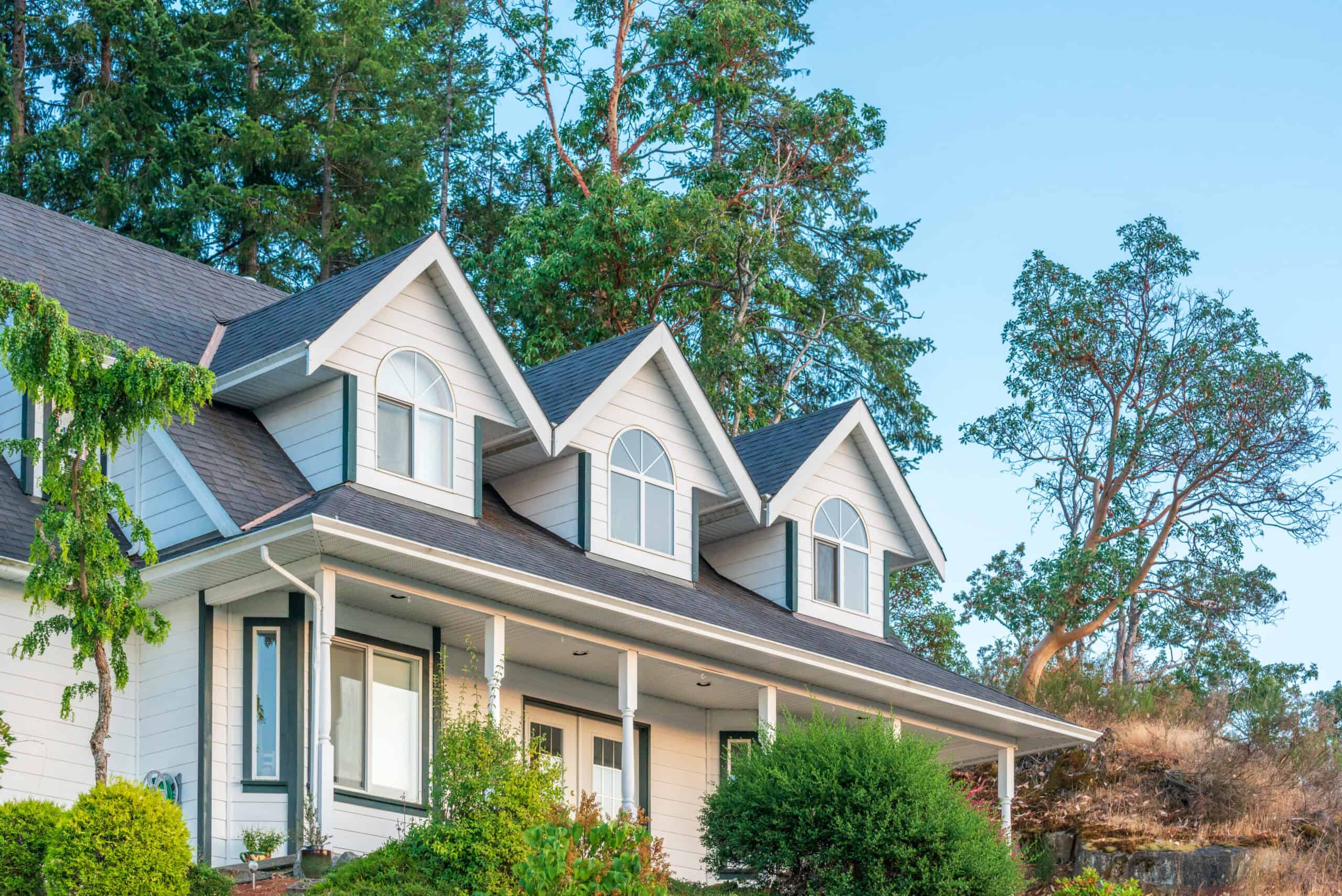As retirement approaches, many Americans picture a tranquil life in a dream home that perfectly suits their needs and desires. A study by Merrill Lynch reveals that 64% of American seniors relocate at least once after retiring, with approximately half opting for smaller residences. This trend reflects a desire to simplify life, reduce maintenance responsibilities, and maximize retirement savings. Building a retirement dream home can offer additional benefits, such as the opportunity to incorporate age-friendly features and the potential for increased property value over time.
However, the current economic landscape, marked by a 10% increase in housing prices over the past year and a 2% rise in interest rates, presents significant challenges to purchasing a home, let alone building one. Is constructing your dream home in retirement a feasible goal in such a market?
Navigating Economic Challenges
According to Federal Reserve data, housing prices have surged by 47% over the past decade. Concurrently, mortgage rates have reached their highest levels in twenty years, complicating home-buying. These factors create a daunting environment for retirees thinking of building their own dream homes, necessitating a thorough assessment of financial standing and exploring viable pathways to achieve this goal.
Key Cost Considerations
Building a home from scratch offers the unique advantage of customizing every detail to fit your retirement lifestyle. However, it comes with its own set of financial demands:
- Land Acquisition: The initial step involves purchasing a plot of land, the cost of which varies widely based on location.
- Construction Costs: These expenses can fluctuate based on materials, labor rates, and the complexity of the design. National home-building averages can exceed $300,000, though this figure can vary significantly.
- Permits and Fees: Consider the costs of obtaining building permits, impact fees, and other regulatory expenses.
- Contingency Fund: It is wise to allocate additional funds (usually 10-20% of the total project cost) for unforeseen expenses.
Financing Your Dream Home
Given the current economic conditions, how can retirees finance the construction of a dream home?
Savings and Investments: Ideally, a portion of your retirement savings can be allocated toward the project, avoiding the burden of long-term debt.
Home Equity: If you currently own a home, you may have built up equity over the years. This is the difference between the market value of your home and the amount you still owe on your mortgage. Tapping into your home equity through a sale, reverse mortgage, or home equity loan could provide a substantial portion of the needed funds for your retirement home construction project.
Construction Loans: These loans are specifically designed for home construction. They typically have higher interest rates and shorter terms than traditional mortgages. During the construction phase, you’ll make interest-only payments on the loan. Once your home is complete, the loan is converted into a traditional mortgage, and you’ll start making principal and interest payments.
Strategic Planning for Success
- Downsizing and Budgeting: Carefully evaluate your needs in a retirement home. Opting for a smaller, more efficient design can significantly reduce costs.
- Location Selection: Explore areas where land and living costs are more affordable, potentially stretching your budget further.
- Energy Efficiency: Incorporating energy-efficient designs and materials can lower future utility bills, providing long-term savings.
From Vision to Reality
While building a retirement dream home in today’s economy presents challenges, careful and strategic planning, along with a clear understanding of one’s needs and resources, can make it a viable option. It’s crucial to approach this journey with a realistic outlook, acknowledging the sacrifices and compromises that may be necessary. This strategic approach will give you the confidence to navigate the economic landscape and finance your dream retirement home.
Consulting with financial advisors, architects, and builders specializing in efficient, cost-effective homes can provide invaluable insights and help bring your dream to fruition. With their guidance and your vision, you can construct a dream home that meets your needs and fulfills your aspirations for a peaceful and fulfilling retirement. This professional support will ensure that you make informed decisions and stay on track with your financial goals.
If you are a Legacy client and have questions, please do not hesitate to contact your Legacy advisor. If you are not a Legacy client and are interested in learning more about our approach to personalized wealth management, please contact us at 920.967.5020 or connect@lptrust.com.
This newsletter is provided for informational purposes only.
It is not intended as legal, accounting, or financial planning advice.




